The man who did not become Murat
That you are not a Russian master,
What on Parnas are you a gypsy,
What in the light of you Vidoc Figlyarin ...
At the same time, the fact that Vidocq was not at all political criminals was somehow overlooked. Therefore, comparing with him Faddey Bulgarin and his ilk, the Russian intellectuals unwittingly put themselves on a par with Parisian criminals. And the criminal Vidocq was not quite typical: loud fame in the criminal environment brought him not robbery and murder for the purpose of robbery (which simply did not exist), but numerous escapes from various prisons and from prison.
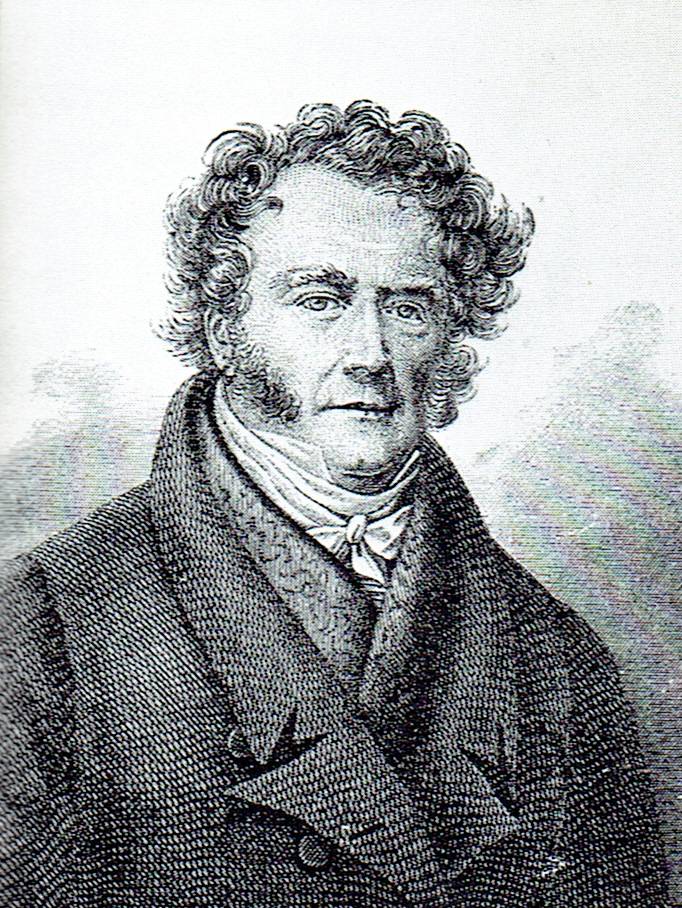
Eugène Francois Vidocq was born in 1775 in Arras to a baker’s family (M. Robespierre was born in 1758 in the same city). However, the well-fed but boring life of the petty bourgeois did not seduce our hero. From the peace of the provincial town close to him, he decided to flee to a country of high hopes and adventures — to America. The young man did not have his own savings, and he began his independent life with a crime, kidnapping 2000 francs from his father’s box office. However, in the port city of Ostend, there were more highly qualified rogues: the first rogue met by the fugitive deceived and completely robbed a naive adventurer. Instead of the long-awaited overseas trip, Vidoc went on a journey through rural France: he first joined the troupe of the puppet theater, then became the servant of an itinerant doctor. In the theater, Vidocq discovered remarkable acting skills and the gift of reincarnation saved the life of a failed comedian more than once. In 1791, Vidocq joined the army.
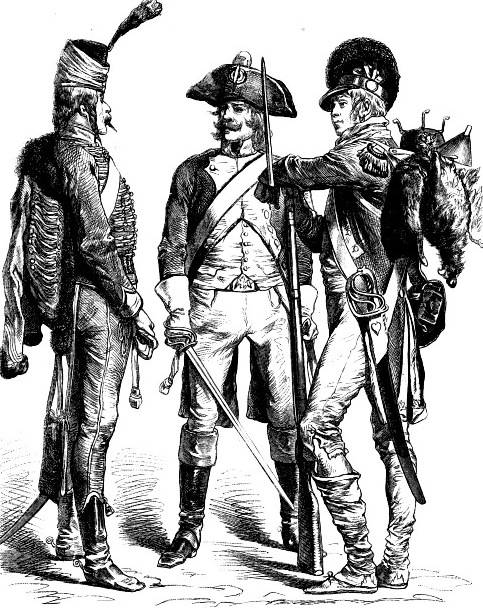
Revolutionary France waged war with Austria and good prospects opened up for the young man with adventurous tendencies: in fact, what was the son of the baker Vidoca worse than the son of the innkeeper Murat or the barber Moro? Vidoc quickly reached the rank of Corporal of the Grenadier Regiment, but his character failed him: in six months he fought 15 once in duels, and he killed two opponents. And after the fight with the non-commissioned officer, Vidoc had to flee to the Austrians, where he earned a good deal in the fencing lessons that he gave to the officers. However, a quiet life, apparently, was not the lot of Vidocq: he managed to quarrel with the brigade commander, was punished with 20 with a stick and fled to his beloved France, which, if she waited for a deserter, then only to more reliably hide him behind bars. Vidocq did not begin to originate: it was he who deserted himself and betrayed - he called himself a Belgian who had fled from the Prussian army, and entered the cavalry. There he immediately slapped the commander of his unit, and only the battle with the Austrians saved him from punishment, during which he was torn off with two fingers. Vidocq did not wait for the trial and, having escaped from the hospital, he left the French army forever. Since then, he was constantly in an illegal situation, he was regularly identified and arrested, and he disguised himself as a prison inspector, gendarme, and nun regularly escaped from prison. They knew about his phenomenal reincarnation abilities, and in the accompanying notes to the heads of prisons where Vidok was going, it was strictly prescribed to take special precautions, but it was simply impossible to keep him behind bars. However, full of the dangers and hardships of a rogue state, he was tired of Widoku, he tried to reconcile with the authorities, offering his services as a secret agent. But he was denied security guarantees at that time, and the deal did not take place. After another imprisonment, Vidoc again offered his services to the police and this time they were accepted. During 21, a month spent in Fors Prison in Paris, thanks to his information, many famous felons were arrested.
After that, the authorities staged an escape and with 1807, Mr. Vidocq, with four assistants (also former felons, since he believed that only a criminal could overcome the crime) began his work of tracking down thugs, thieves and fraudsters. For a long time in the criminal environment they trusted him - although there were rumors about his relations with the police, he managed to explain them as follows: he was on the run, some enemies would like to bring to the police, so he himself spreads rumors about his cooperation with her. Gradually, the number of Vidoc assistants increased to 20 people. Only for 1817, thanks to their activities, was the 772 criminal arrested. In total, thanks to the activities of Vidocq, more than 17 000 criminals of all stripes were arrested. As a result of his activities, the crime rate in Paris fell by 1820% by 40 year. Successes led to the appointment of Vidoc as chief of Syurte - the criminal police. But Vidocq didn’t deal with political investigations on principle, although tempting offers came to him more than once. Leading the criminal police, our hero did not confine himself to the world of criminals, daring to expose several impostors belonging to the high society of Paris. Thanks to his activities, despite the active opposition of the authorities, the former convict Coignard, who appropriated the name of Count de Saint Helene, was exposed.
Pierre Coignard was an adventurer of the highest "brand": a native of a peasant family, convicted in 1801 for stealing 14 years of hard labor in galleys. From Toulon, he somehow escaped to Spain, from where he returned to France as a "count" de Saint-Helene (whose documents he was able to take possession of) - along with Napoleon's troops. His fate confirmed Balzac’s famous statement that “nothing can be achieved with honesty,” and “it is necessary to crash into a cannonball into a higher society or to penetrate like a plague”. After the fall of Napoleon Coignard served Louis XVIII, and so well that he received the rank of colonel and became a knight of the Order of St. Louis. At the parade he was identified by one of Vidoc's subordinates, who was serving a prison with Coignan in Toulon. Coignard managed to escape from two gendarmes, but Vidoc again tracked him down, although he was wounded during this operation.
Another "high-ranking" con man exposed by Vidoc was someone named Shaumbray, who had an outstanding talent for forging various documents. At the time of his arrest, he was a “marquis”, manager of the royal court and head of the palace police.
These exposures are many true aristocrats (who also often included some very interesting, but not very beautiful stories), considered “superfluous”, and the unexpected attention of the head of Syurte to the people of high society - daring and defiant. As a result, Vidoc appeared numerous influential enemies. In the end, in 1827, Mr. Vidoc was forced to write a letter of resignation. The new police chief, Delavo, claimed that Vidoc had reduced his activity, and his subordinates were behaving inappropriately during off-hours. No, they did not rob the streets, and did not rob banks: they just did not attend church on Sundays. Being out of work, our hero wrote his famous memoirs, about which A.S. Pushkin for some reason said that they “do not insult either the dominant religion, or the government, or even morality in the general sense of the word; with all those, one cannot fail to recognize them as an extreme insult to public decency. ” But the sale (or laying in the board of trustees) of entire villages with people living in them, playing cards in them and, esteemed the norm, living together with the girls of the poet's subtle life, apparently did not insult - what can you do, a man of the era.
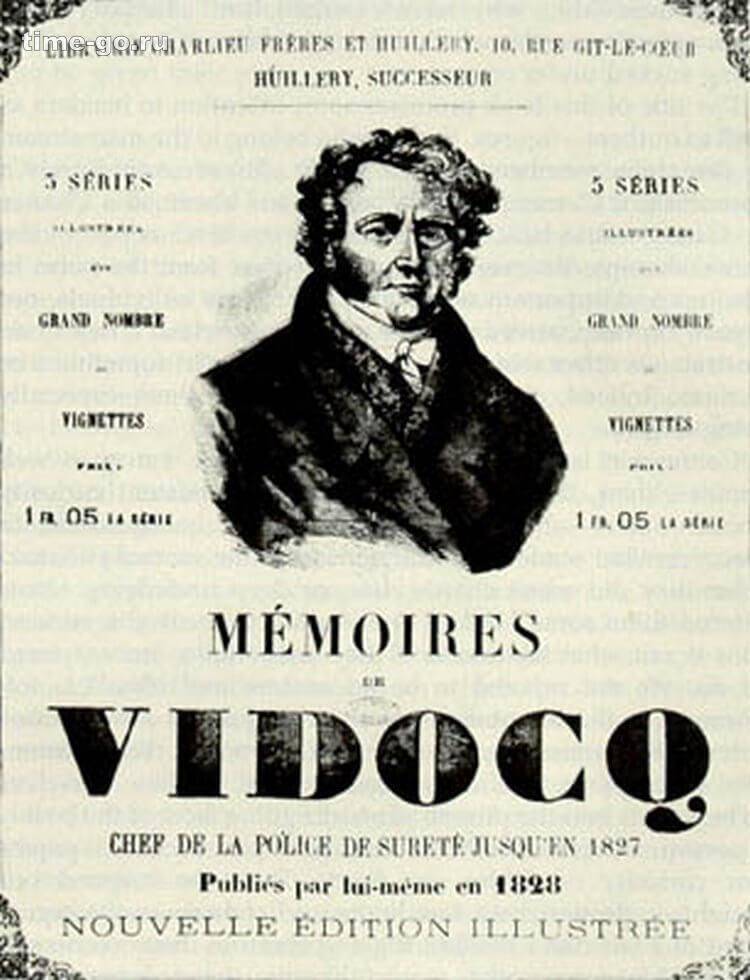
Also Vidok created a paper manufacturing factory where he worked ... Well, of course, former convicts. Interestingly, it was Vidocq who invented watermarked paper, indelible ink and several new ways of making cardboard. During the popular uprising of 1832, the authorities remembered Vidocq: he was again appointed head of Syrtha and in this situation Vidoc retreated from his principles of non-interference in politics for the first and last time: his unit, one of the few, successfully acted against the rebels. They even said that the preservation of the throne of the Bourbons was largely due to the cold-blooded actions of Vidoc's criminals. But gratitude was never the hallmark of the monarchs of this dynasty: after restoring calm, Vidok was once again dismissed. Our hero did not want to lead a quiet life. He opened the “Bureau of Investigation for Trade” - a private organization that, for 20 francs per year, provided a variety of services to merchants: warned about the appearance on the exchange of dishonest players, about scam artists and people with a dark past who tried to enter into the business community under an assumed name . One year later, he had 4000 customers, and the offices of the Bureau began to open not only in the provinces, but also abroad - in Cologne, Aachen, Brussels, Liege, Utrecht and Amsterdam. When visiting London, where his memoirs were published, Vidoc made a proposal to create the World Investigation organization - an analogue of the current Interpol. The police were extremely jealous of the activities of competitors, and in 1837, Vidocq was arrested on suspicion of abuse and extortion. However, the court fully acquitted him. In 1842, the enemies strike Vidoku with a new blow: after the meeting with Vidoc, the renowned swindler agreed to pay the debt to his creditors, but the police announced that Vidoc had exceeded his authority, illegally replacing power, and the arrested Shampe accused our hero of illegal arrest and kidnapping. The court handed down the sentence: 5 years in prison, 5 years of strict supervision, three thousand francs in fines and payment of legal fees. This process caused a great resonance in society and protests against the arbitrariness of the judicial authorities. As a result, at the re-trial, the judge acquitted Vidoc without even listening to the speech of his lawyer. However, the enemies nevertheless achieved their goal: for the year Vidoc spent in Conciergeri Prison, his material well-being was irreparably shaken, he lost all his clients, the income from other enterprises practically ceased. Even the publication in 1844 of the book "The True Secrets of Paris" did not help mend things.
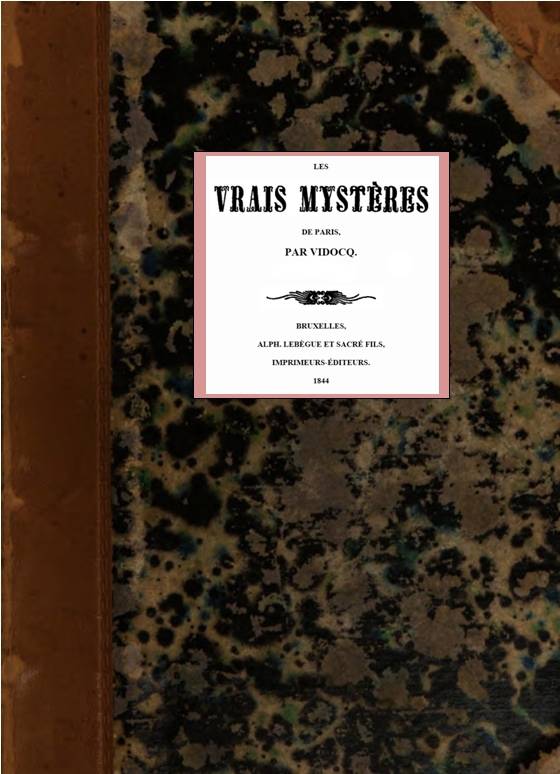
In 1848, Mr. Vidoc finally collapsed and was forced to live in a room that belonged to his friend. Only in 1854, three years before his death, did Vidoc receive a small pension from the government. His death was terrible - the agony lasted 10 days. They said, in the pre-death delirium, Vidoc whispered that he could become Kleber or Murat, achieve a marshal's baton, but he was too fond of women and duels. However, Vidoc's merits did not go unnoticed by his contemporaries, and his name did not sink into oblivion.
Balzac and A. Dumas (senior), Eugène Sue and V. Hugo, J. Sand and F. Soulier, who used his stories in their works, were proud of their acquaintance with our hero. Vidocq himself became the prototype of Votren, one of the main characters in Balzac’s novels Father of Goryo, Lost Illusions, Deputy from Arsi, Glitter and Poverty of the Courtesans, the drama Votren: here Balzac uses the image of the not yet released “ shadows "runaway convict. As for Gobsek, his prototype was Vidoc's acquaintance - Juste, the usurer. J. Sand used facts from Vidoc’s biography to create the image of Trenmore (the novel “Lelia”), and V. Hugo - when creating the image of Jean Valjean (the novel “The Miserable”).
Based on the materials provided by Vidoc, A. Dumas wrote the novels The Parisian Mohicans, Salvatore, Gabriel Lambert, and Eugène Szuet the famous novel Paris Secrets.
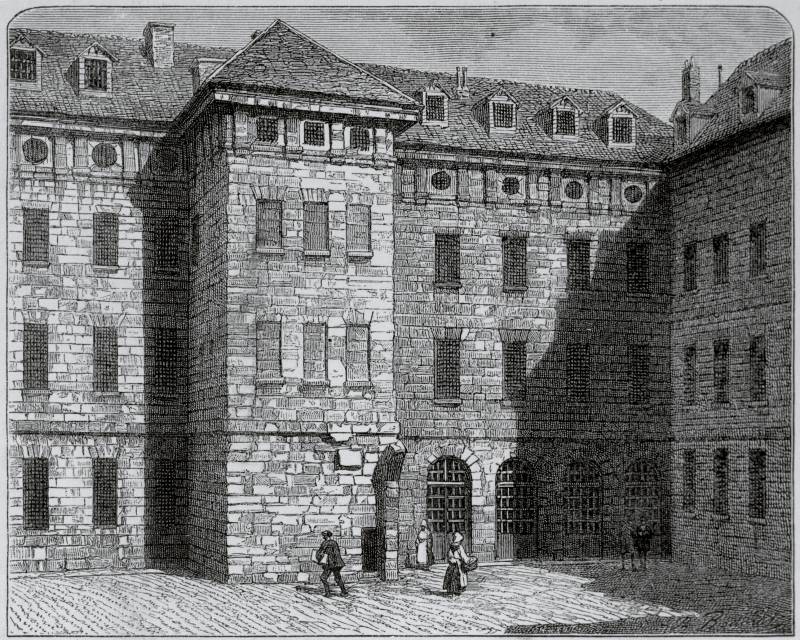


Information